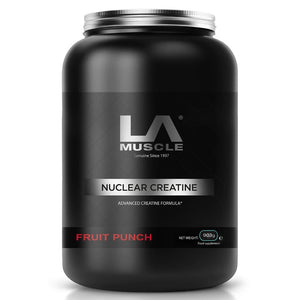
Sadness, anger, and stress are some of the negative emotions that are known to trigger the onset of unhealthy eating habits.
Here's the dilemma: You may feel better from eating feel-good foods, but they might not be as healthy as they seem. Luckily, there are ways to keep your emotions from damaging your diet down the road.
1. Identify the root cause of the problem
Bad days at work or disagreements with friends are short-term problems. Nevertheless, emotional eating can also be a manifestation of more significant issues. Stress, anger, depression, and several other factors can cause emotional eating. Exercise, counselling, and stress management may benefit you if these situations describe you.
You can use the strategies outlined here to accomplish your goals. First, however, you need to look at the very root of your emotional eating to identify and address it.
2. Find out why you are eating
Ask yourself: "Am I famished?" Before reaching for the fridge or vending machine.
Several experts suggest rating your hunger level on a scale of 1-5, with 1 being no hunger and 5 being so hungry that you would eat the food you detest the most.
A healthy, balanced snack can be consumed within 15 minutes. A meal can be consumed within 30 minutes if you are experiencing hunger levels of three or four. Drinking a cup of fruity herbal tea or walking could be an excellent alternative activity if your physical hunger is lower.
3. Get rid of your worst snacks
When you eat too many processed snacks, cortisol (a stress hormone) is increased. So if you need a salty snack, the best thing to do is stock up on popcorn (salted and oiled only). In addition, you can consume whole grains, which contribute to higher serotonin levels, a feel-good hormone. Roasted chickpeas are another great, crunchy option with substantial protein and dietary fibre to fill you up.
Consider keeping a bowl of fresh fruit nearby instead of candy, cake, or pies. Studies reveal that if fruits and vegetables are easily accessible, you are more likely to consume more of them.
4. Eat foods that reduce stress
Do you ever wonder why people are offered hot tea when emotionally distressed? It's not just the soothing steam that's at work. Many teas are rich in antioxidants. For example, the amino acid L-theanine found in tea may help relieve stress.
Dark cherries are a great late-night snack. In addition to offering a sweet treat, they also increase melatonin levels, allowing you to sleep better. Also, salmon and other fish containing omega-3 fatty acids may contribute to better sleep.
As for the list of foods that contribute to keeping a healthy mind, dark chocolate (72% cacao), whole grains, nuts, legumes, and fruits and vegetables all can help. To cope with stress or emotional distress, stock up on foods that can help and avoid processed junk, making you feel worse.
5. Prepare an emergency package
Make sure you are prepared for stress-related snacking if you are prone to it.
For instance, make sure to avoid eating food straight out of the package. When you grab snacks from the pack, you are likely to overindulge in them and end up binge eating.
Consider pre portioning snacks such as nuts, popcorn, or sliced vegetables into plastic bags or containers. These are great emergency snacks or healthy snacks you can grab often.


























